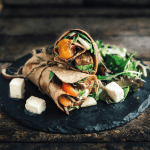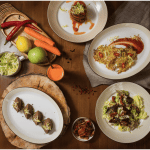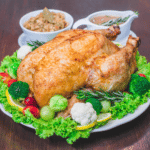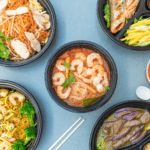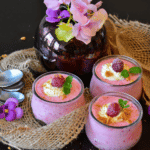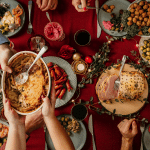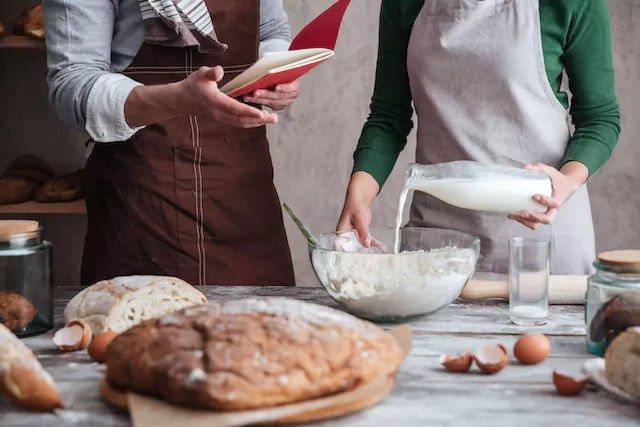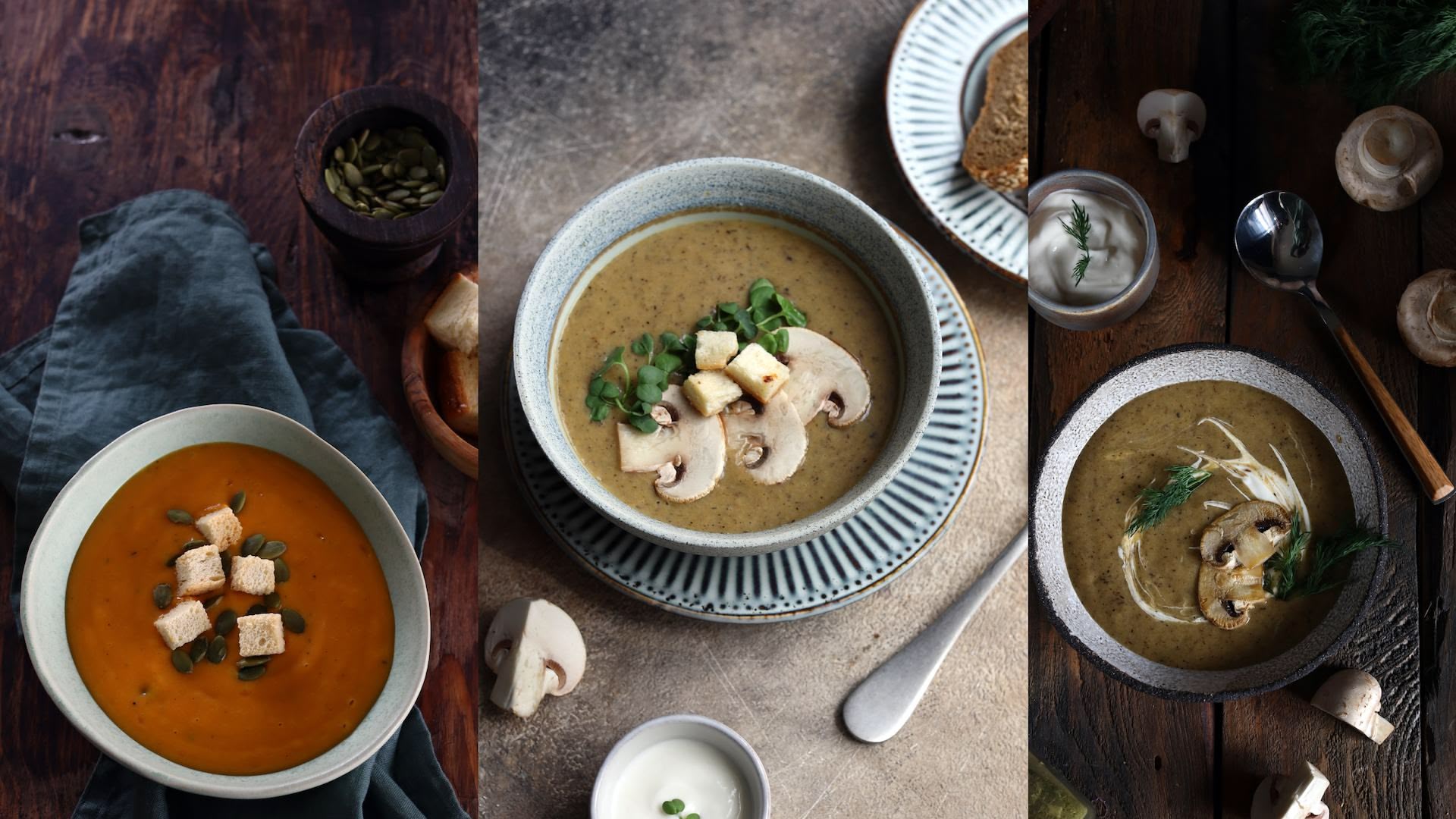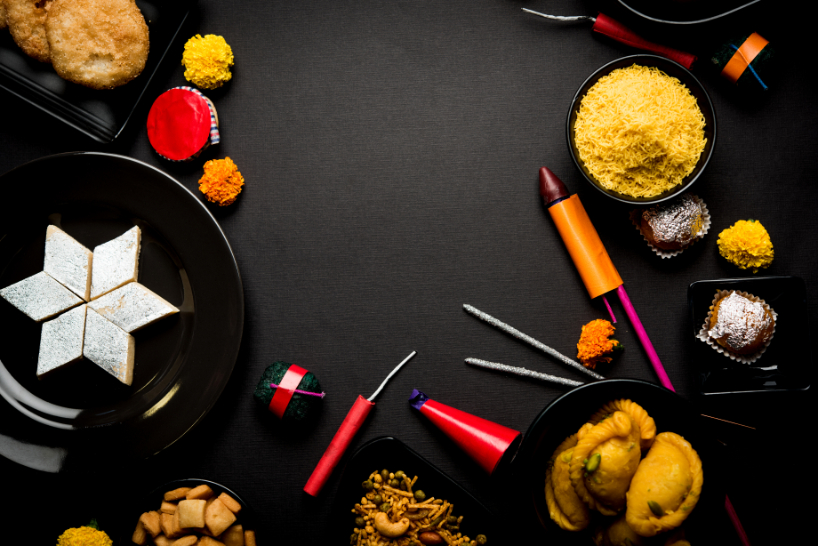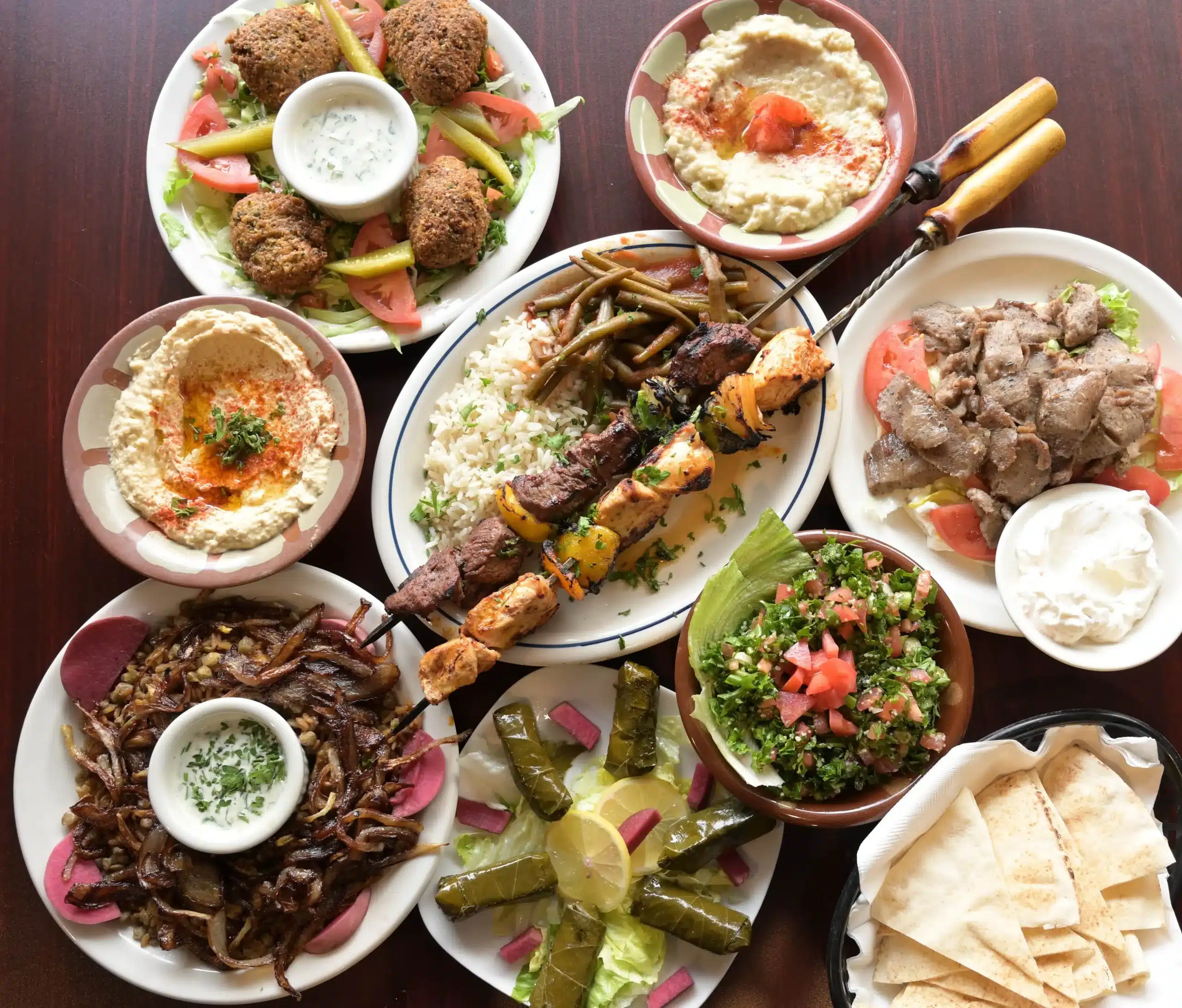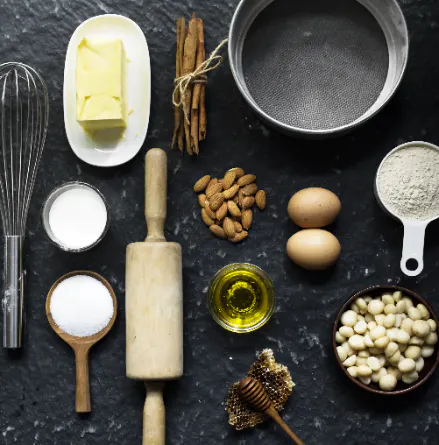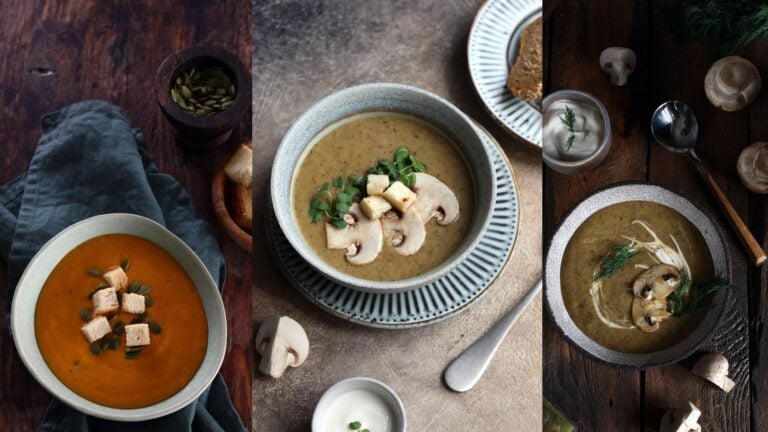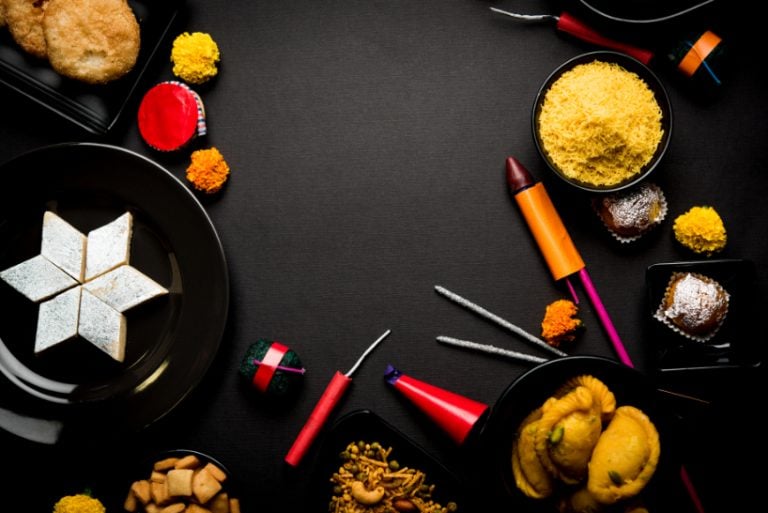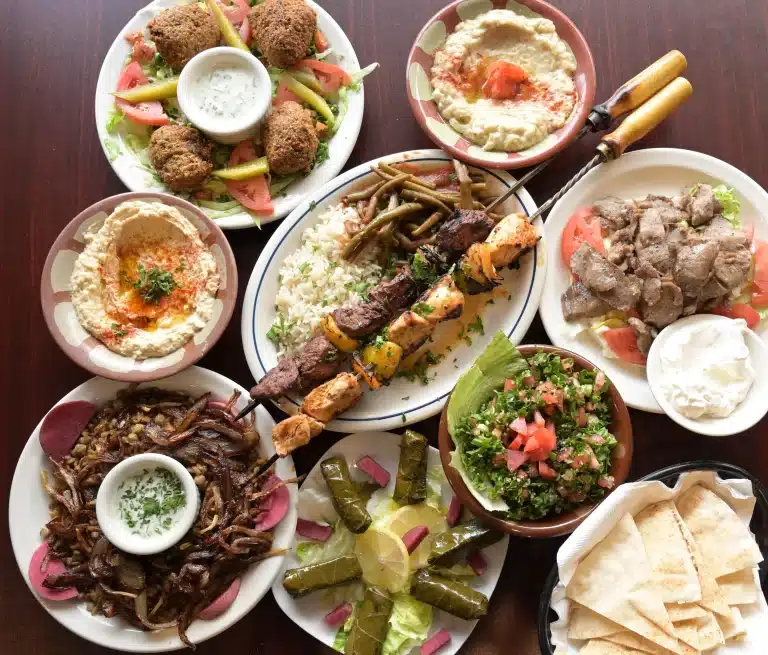1. The Magic is in the Details
Be as specific as possible when writing down the measurements and the method. The reader will not have the natural ability to cook. They can’t tell when to stop adding more of an ingredient or turn off the heat. They rely on your instructions to guide them through the process. One way to document an accurate recipe is to write it down as you are cooking it. Take notes of the smell, color, and texture after each step. You can also take pictures to help you describe it using better words in the final draft.
2. The Two A’s – Accessibility and Affordability
Be aware of your privilege if you are using ingredients that are expensive or hard to come by for the ordinary people. These rare items might be necessary for exotic recipes from far off lands, but those will not appeal to everyone. Be mindful of your audience and try to mention any other ingredients they can use wherever you can. The results will vary, but your followers can get the next best thing.
3. Cut it Down
Recipes with a long list of ingredients usually have a few items that the dish could do without. It is also ignorant to assume that the reader will have a pantry full of things at hand to follow such an elaborate method. They will abandon your page and look for a much simpler recipe. You should also make sure that the dish will utilize the entire packet or tin of perishable ingredients because it is not realistic to expect the audience to find a way to store or consume the leftover part. We recommend that you alter the recipe to make it much easier for home-based chefs to reproduce.
4. Explain it To Me Like I’m Five
It is always safe to assume that the reader is new to the kitchen and will not be aware of any cooking techniques. The best approach to writing a recipe is to break every step down using simple words. You should tell them the time it will take to complete the stage and the visual cue that will indicate to them that it is ready. Please do not skip any steps because you think it is common sense. For example, not everyone might know to let the dough rest before baking it. The more experienced cooks will skip over the details, but they will help the beginners get started and achieve the final product the recipe is supposed to yield.
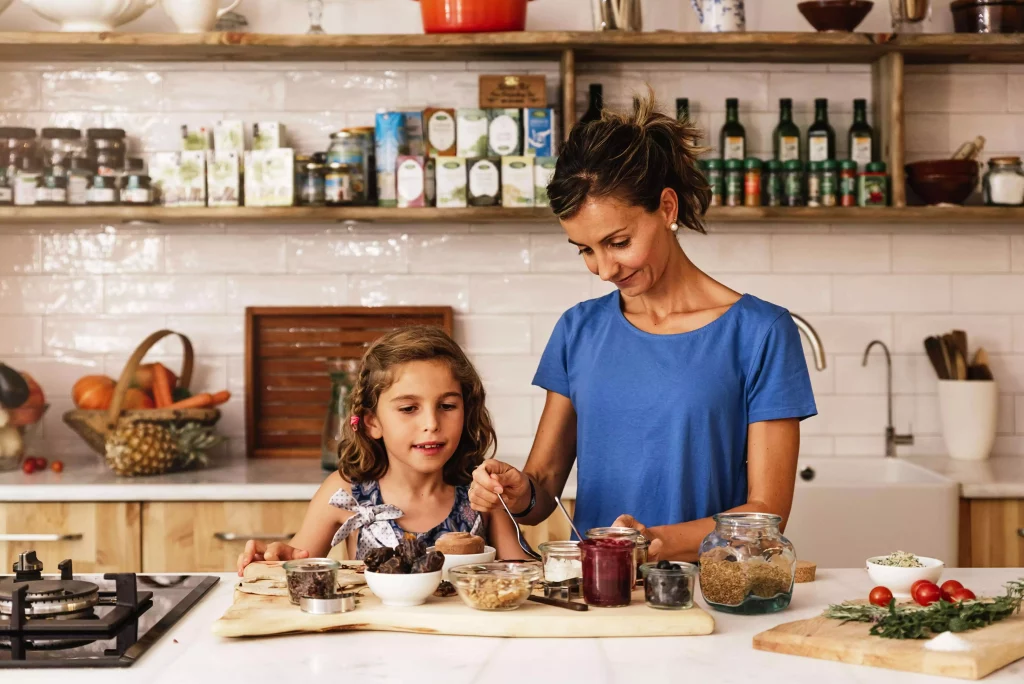
5. Be Realistic
Just because you are a professional chef and have experience cooking gourmet meals in restaurants does not mean that you should expect your readers to recreate your gastronomical masterpieces. You should post recipes that are doable for cooks from all walks of life. That does not mean that your posts should be limited to boring old food but think from the reader’s perspective and post things that are new to them and well within their budget, skillset, and schedule.
